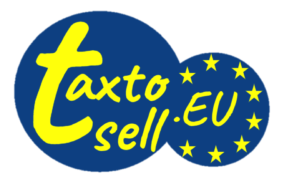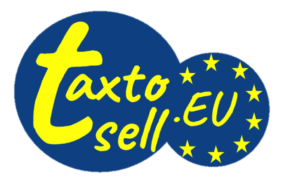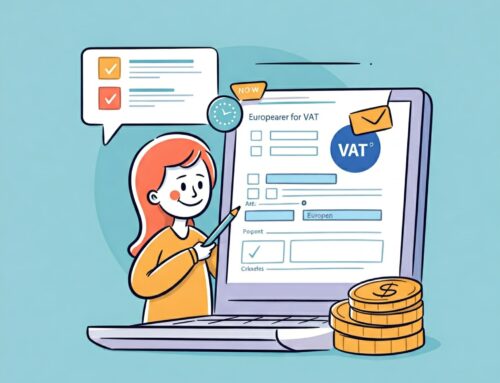This article has been written after the the substantial change in VAT regulation of July 2021.
The digitalization of education has transformed distance learning, enabling institutions and educators outside the European Union (EU) to offer their services to students within the EU. However, this opportunity comes with the necessity to understand and comply with the VAT (Value Added Tax) regulations applicable to digital educational services. This article explores how taxes apply to distance learning in Europe and provides guidance for navigating these fiscal obligations.
Understanding VAT on Digital Educational Services
Digital educational services, including online courses, webinars, and e-learning platforms, are subject to VAT in the EU. The applicable VAT rate and declaration obligations can vary depending on the consumer’s country, requiring providers of educational services to be well-informed about the different tax regulations across the EU.
The OSS and VAT Distance Learning
The One Stop Shop (OSS) regime simplifies the VAT declaration and payment for providers of digital educational services outside the EU. By registering for the OSS, they can declare and pay VAT for all their sales to consumers in the EU through a single electronic declaration, avoiding the need to register for VAT in each member country where they have students.
Benefits of the OSS for Distance Learning Providers
- Simplification of VAT Obligations: The OSS reduces the administrative complexity associated with VAT compliance across multiple jurisdictions. 🌍
- Transparency in Billing: Including VAT in the price of courses and services offers clarity to students about the total cost of education. 💳
- Ensured Compliance: Using the OSS helps ensure that providers comply with EU VAT regulations, minimizing the risk of penalties. ✔️
Key Considerations for VAT Distance Learning
- Determining the VAT Rate: It’s crucial to determine the correct VAT rate for each EU country where services are offered, which may require detailed research or the use of specialized tools. 🔍
- Invoicing and Documentation: Invoices issued to students must comply with the specific requirements of each EU country, including the correct indication of VAT. 📄
- Regulatory Updates: VAT regulations in the EU are subject to change. Staying informed about legislative updates is essential for ongoing compliance. 📚
Resources and Assistance
To successfully navigate VAT regulations and optimize the offering of digital educational services in the EU, having access to up-to-date information and expert advice is vital. Our specialized VAT chatbot, available at taxtosell.eu, can provide quick assistance for your EU VAT queries.
Conclusion
Distance learning offers an unprecedented opportunity to expand the reach of digital educational services in Europe. By understanding and complying with VAT regulations, providers can ensure efficient and transparent operation, benefiting both educators and students in the single European market. The key lies in preparation and the use of tools like the OSS to simplify tax obligations and ensure compliance.
For a deeper understanding of VAT implications when selling digital services in the EU, refer to our comprehensive guide, and our specific articles on selling eBooks, music and videos, and software for more insights.





